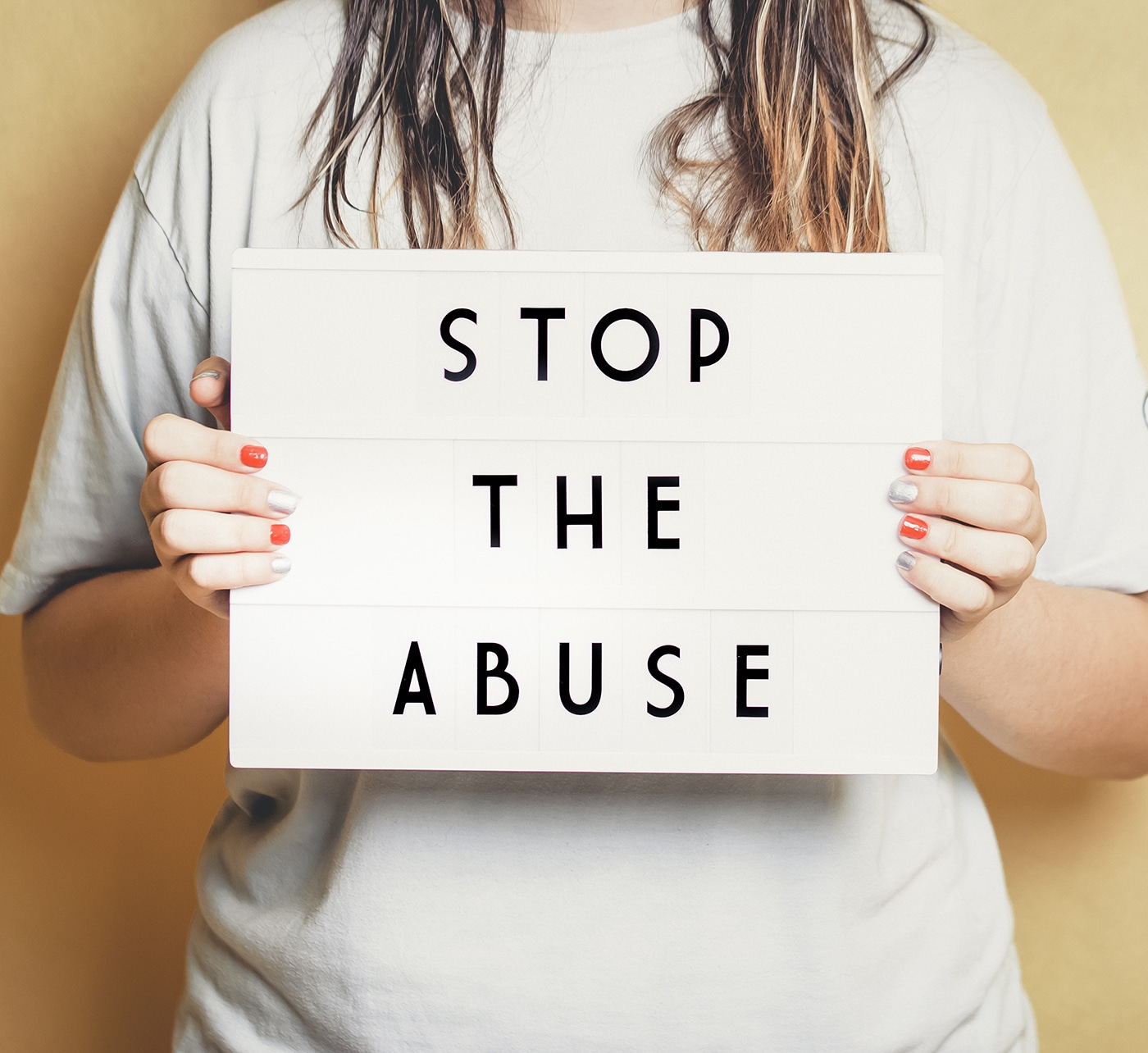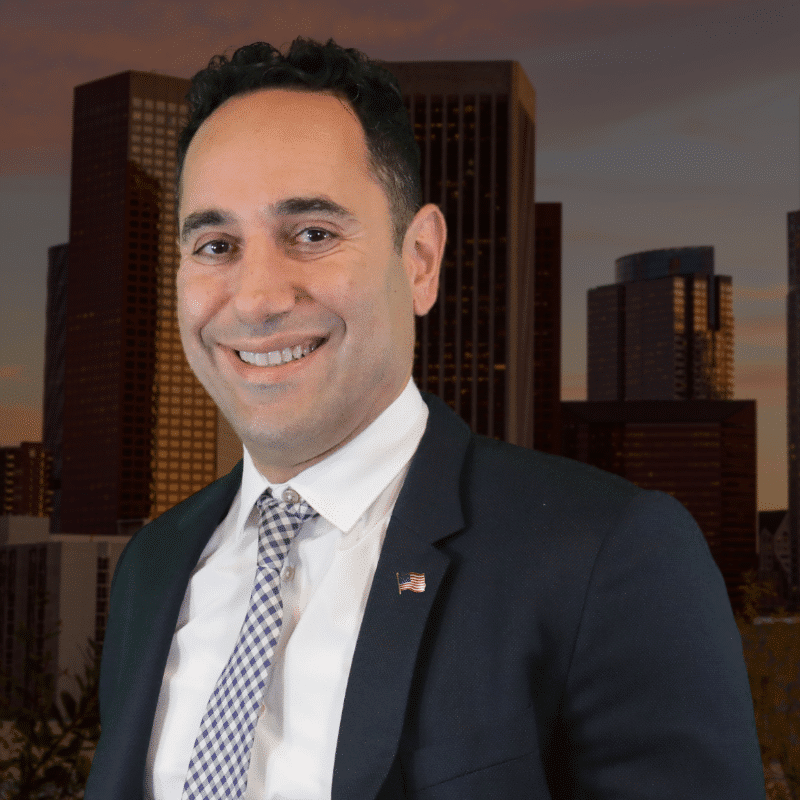At Maison Law, we want you to know you’re not alone if you’ve been sexually abused. Our team of experienced California personal injury lawyers can provide you with guidance and support throughout the legal process of holding your abuser accountable.
You can put your trust in us as we ensure you have all the benefits and support that California law can provide. Contact us today for a free, no-obligation consultation to learn more.
While it’s unfortunately fairly commonplace throughout California, sexual abuse covers a wide variety of potential mistreatment and conduct. That said, California law gives explicit protection from any and all forms of sexual abuse, in a number of different environments and contexts. It’s important to understand the factors that can lead to sexual abuse and how you can fight back against it if it happens to you.

California Sexual Abuse Claims Process
STEP 1

Call Us For A Free Consulation
Call us 24/7 with No Obligations
STEP 2

Describe Your Accident Details
We will then discuss your legal options and decide whether to move your case forward.
STEP 3

Retain Maison Law w/ No Upfront Fees
We work on contingency. No attorney fees unless you win your case.
STEP 4

Receive Your Compensation
We will fight for you to earn the highest possible payout for your damages.
What Is Sexual Abuse and Where Does It Occur in California?
Sexual abuse, at least in terms of a general definition, occurs when:
- Any sexual behavior that occurs to a person without their consent
Under this definition, there are many potential forms of sexual abuse, including:
- Rape or sexual assault
- Sexual battery
- Sexual exploitation or coercion
- Incest
- Child sexual abuse
- Sexual harassment
- Revenge pornography or non-consensual sharing of intimate images
- Sexual trafficking
Obviously, this is a broad definition that can apply to numerous scenarios, survivors, and environments. That said, while California law provides blanket protection against sexual abuse of any kind, it further breaks down sexual abuse by applying it across the many different places and scenarios in which it can occur, like:
- Domestic violence
- Religious institutions
- Youth organizations
- Prisons
- Schools
- California University and College Campus Sex Assault
- Workplaces
- Online
Each of these categories has its own specific punishments. Further, these categories carry both criminal and civil penalties, depending on the circumstances. Thus, the context and placement in which the potential abuse happens make all the difference in understanding how to combat the issue.
What Factors Contribute to Sexual Abuse in California?
For all the data and research that goes into combatting the issue of sexual abuse in California, ultimately, what makes the issue so prevalent are the factors that contribute to it. Sexual abuse is an issue that spans cultures, workplaces, gender, age, and other characteristics. Still, there are a few common factors that more frequently lead to instances of sexual abuse, such as:
- Power imbalances – Sexual abuse often occurs in situations where there is a power imbalance between the abuser and the survivor, such as in cases of workplace sexual harassment, abuse of authority by a teacher or coach, or sexual exploitation of a minor by an adult.
- Cultural and societal norms – Certain cultural or societal norms can contribute to sexual abuse, such as a tolerance for sexual violence or a belief that survivors are to blame for their own abuse.
- Access to vulnerable people – Some perpetrators of sexual abuse may have access to vulnerable populations, such as children, disabled individuals, or those experiencing homelessness.
- Substance abuse – Alcohol and drugs can impair judgment and increase the risk of sexual abuse, especially in situations where there is already a power imbalance or lack of consent.
- Poor enforcement of laws and regulations – If laws and regulations about sexual abuse are not enforced appropriately, it could lead to perpetrators becoming more confident to engage in abusive behavior without worrying about facing any consequences.

Understanding the contributing factors to sexual abuse can go a long way to responding to instances of abuse effectively. That said, for many survivors, addressing these underlying factors and holding perpetrators accountable is made extremely difficult. However, survivors recognize the steps they should take when they experience sexual abuse, it can present a clearer picture of how to fight back against it.

Steps to Take When Experiencing Sexual Abuse in California
Part of the difficulty of combatting sexual abuse in California is the stigma surrounding it. Many survivors feel powerless, or at the very least, don’t know where to turn when they are being sexually abused. This is especially true for those in an unbalanced power dynamic at work or in a relationship. Further, most survivors fear retaliation or further punishment if they do speak up. But the fact is, there are ways that survivors of sexual abuse can protect themselves and their legal rights:
- Document the abuse – If possible, document the abuse by taking photos, keeping a journal, or saving any relevant messages or emails.
- Seek medical attention – After being sexually abused, one of the first steps you should take involves your physical health. Seeking medical attention can provide treatment for the physical injuries that can result from any violence or abuse, and can also provide a medical and forensic evidence for the abuse.
- Report the abuse to the authorities – While it can be difficult, sexual abuse survivors should report any incidents to the proper authorities as soon as possible. This can include contacting the police or sheriff’s department or contacting the California Department of Justice’s Sexual Assault Unit. Additionally, you can report the abuse to your superiors if it’s happening at work or school to hopefully stop the conduct.
- Seek counseling – It’s not only the physical effects of sexual abuse that are troublesome, it’s often the long-term psychological effects that can impact your mental health and well-being. As a survivor, you should seek counseling or therapy to help you process your feelings and cope with the trauma you have experienced.
- Reach out to support groups – Many support groups and advocacy organizations in California can provide emotional support, resources, and information for survivors of sexual abuse.
Legal Options For California Sexual Abuse Survivors
Sexual abuse in California is punishable under both criminal and civil law. As such, you have several legal options in the event that you are experiencing sexual abuse. In the context of a criminal charge, the particular form of sexual abuse carries its own specific penalty. Generally speaking, any form of sexual abuse is usually a felony charge that can result in jail time, fines, and probation. In cases of sexual abuse against a minor, further punishment involves registration as a sex offender.
Liability
Any civil claim of sexual abuse involves liability, meaning a party that’s responsible for the damage the abuse caused you. In sexual abuse cases, the legal concept in play is known as “vicarious liability.” Vicarious liability means that one party–in this case, the organization or institution–is also liable for the harm or damage caused by another party.
In a sexual abuse claim, this could be a number of different potential parties, depending on where the abuse occurred, such as:
- Perpetrator – The primary party liable in a sexual abuse case is the perpetrator, who is responsible for committing the abuse. The perpetrator may face criminal charges as well as civil liability for the harm caused by their actions.
- Employer or organization – If the perpetrator was employed by an organization or institution, such as a school or sports team, the employer or institution may also be liable if they knew or should have known about the abuse and failed to take action to prevent it.
- Religious institution – Religious institutions may be held liable for sexual abuse committed by a member of the clergy if they knew or should have known about the abuse and failed to take appropriate action to protect parishioners.
- Landlord or property owner – Landlords or property owners may be held liable for sexual abuse committed on their property if they knew or should have known about the abuse and failed to take appropriate action to prevent it.
With this established, pursuing a claim for damages in civil court involves filing a Complaint against the perpetrator and the entity responsible for allowing your abuse to occur.

Civil Claims For Sexual Abuse in California
With a Complaint filed, it officially initiates legal action against the responsible parties. This allows you to pursue financial support against these parties for your damages. In a sexual abuse claim, this can include the following:
- Economic damages – Economic damages refer to support relating to the financial costs that the abuse caused you. Normally, this includes medical expenses, lost wages, and other out-of-pocket expenses.
- Non-economic damages – Non-economic damages are a major part of sexual abuse cases, as they are intended to rectify the emotional and psychological harm caused by the abuse. These damages may include support for pain and suffering, mental anguish, emotional distress, and loss of enjoyment of life.
- Punitive damages – In many sexual abuse cases, you may also be entitled to punitive damages. Punitive damages are intended to punish the person or entity responsible for the abuse for their negligence and to deter similar conduct in the future.
It’s important to understand that facing your perpetrator or other responsible parties in open court requires courage and fortitude. For many sexual abuse survivors, this is an incredibly tough situation. However, our team will be there to support you every step of the way through the process, standing by your side to protect your rights and make sure you get the treatment you deserve.
Frequently Asked Questions About California Sexual Abuse
The statute of limitations for sexual abuse in California depends on the age of the survivor and the type of abuse. For instance, the statute of limitations for criminal charges for most forms of sexual abuse is 10 years from the date of the abuse. However, for survivors who were minors at the time of the abuse, the statute of limitations is extended to their 40th birthday.
If the sexual abuse happens on or after January 1, 2024, there is no statute of limitations on claims.
If you have suffered sexual abuse in California, it is important to seek medical attention and support from a qualified mental health professional. You should also report the abuse to law enforcement. From there, consider speaking with our team of expert sexual abuse lawyers to discuss your legal options.
Yes, your employer can be held liable for sexual abuse committed by an employee in California under certain circumstances. Usually, they can be held liable if the abuse was reported and they failed to take reasonable steps to prevent it.
Contact Maison Law Today For a Free Consultation
Sexual abuse is an unthinkable violation of your rights as a person, and further, it’s a violation of many areas of California law. When this happens to you, you need a team behind you that you can trust and confide in.
At Maison Law, our team of experienced and dedicated lawyers will happily provide you with expert legal guidance and support. No one deserves to suffer sexual abuse, regardless of the circumstances. If you believe that you are experiencing sexual abuse and would like to get started working with our team, contact us today for a free consultation.

Additional Resources:
- California Women’s Prison Inmate Sexual Abuse Lawyer
- California Clergy Sexual Abuse Lawyer
- California Boy Scouts of America Sexual Abuse Lawyer
- California Boys and Girls Club Sexual Abuse Lawyer
- California School System Sexual Abuse Lawyer
- California Youth Sports Sexual Abuse Lawyer
- California Sports Sexual Abuse Lawyer
- California Uber Sexual Abuse Lawyer
- California Lyft Sexual Abuse Lawyer
- California Juvenile Detention Center Sexual Abuse Lawyer
- What is California AB 452 “Justice For Survivors” Act?
- What is California AB 218 “Child Victims Act”?
- What is California AB 2777 “Sexual Abuse and Cover-Up Accountability Act”?
- California Foster Home Sexual Abuse Lawyer
- California Church Sexual Abuse Lawyer
- Legal Options For Deepfake Porn Victims in California
- The Barry Brock, OB-GYN Cedar-Sinai Medical Center Lawsuit


